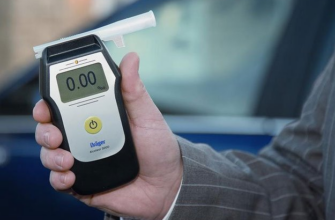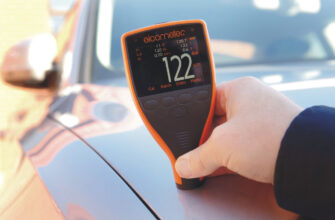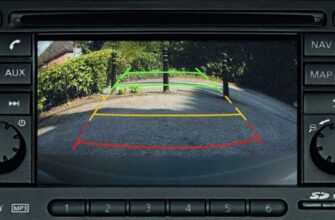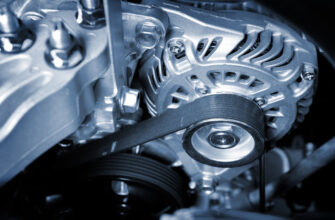The fuel filter is an important structural element of an internal combustion engine, on the correct operation of which the functioning of the car as a whole directly depends. Its main purpose is to finely clean the fuel coming from the gas tank and to prevent dirt and harmful substances from entering the combustion chamber. In order for the engine to take care of the period declared by the manufacturer and not cause trouble to the car owner, it is necessary to carefully monitor the condition of the filter element, and also to replace it in a timely manner.
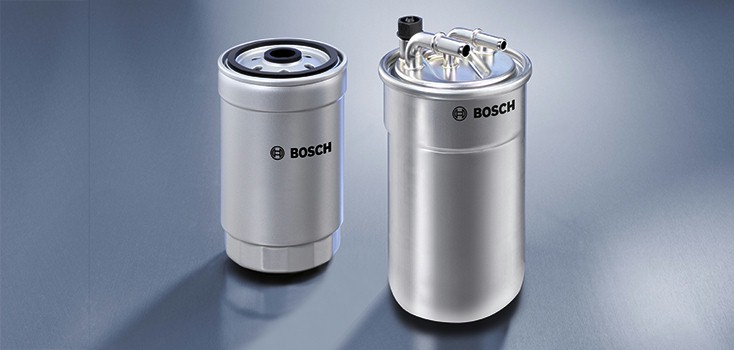
- Top manufacturers of fuel filters for cars
- Types of fuel filters
- Filter – insert
- disadvantages
- External fuel filter
- disadvantages
- Filters for gas purification
- disadvantages
- Fuel filter selection parameters
- About the subtleties of dropout
- How to determine the quality of a fuel filter?
- Features of choosing a fuel filter for a diesel engine
- A quick tour of the brands
Top manufacturers of fuel filters for cars
Currently, the products of the following manufacturers of filter equipment are considered the best:
-
Knecht;
-
Mahle;
-
Filtron;
-
Mann;
-
Sachs;
-
Boge;
In order to choose a high-quality filter, it is necessary to study not only the recommendations of the car manufacturer and technical information, but also read the reviews of users who have highlighted the advantages and disadvantages of specific models. You can find them on the Internet, on thematic forums and on social networks.
Types of fuel filters
The classic fuel filter is a special conical element made of a soft porous material that freely passes gasoline to the injectors. The folds, which are the main structural element, retain grains of sand, moisture, debris and other substances that can harm the fuel equipment of the car.
Depending on the design, there are two main types of fuel filters.
Filter – insert
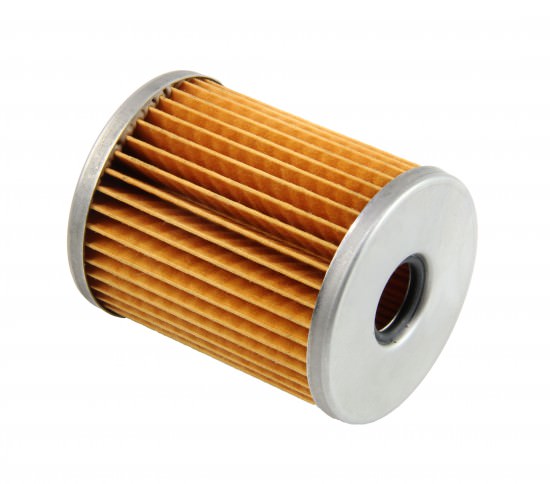
A special tool without an outer shell. It is integrated directly into the fuel line of the engine; the installation site is a special compartment in the engine compartment. Depending on the design of the car, it can have various dimensions, as well as a cylindrical or conical shape.
Advantages
-
Compact dimensions;
-
Installed in a specially designated space under the hood;
-
Inexpensive;
disadvantages
-
Require special equipment and certain skills;
-
In some cars, careful disassembly of the engine compartment is required;
External fuel filter
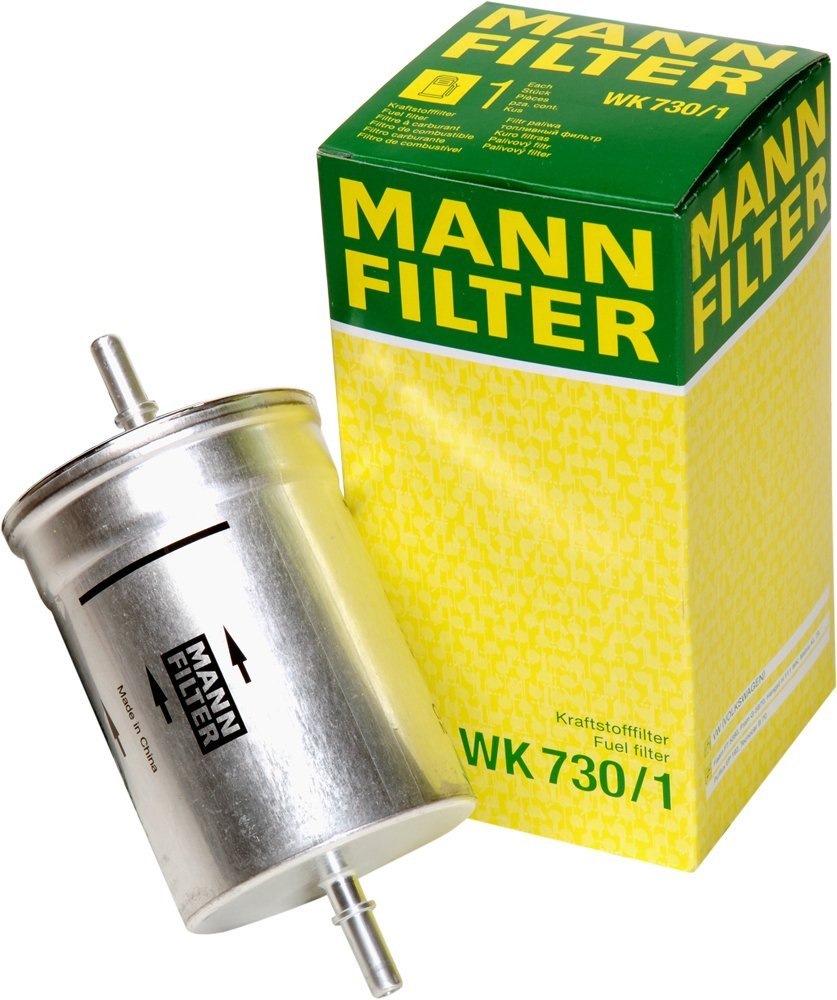
The functional purpose of this element is identical, only the appearance and place of installation differ. The soft filter element is here enclosed in a special metal casing with led out fuel pipes. The installation site is the vehicle's fuel line, usually under the driver's seat.
Advantages
-
High degree of fuel purification;
-
Installed in an easily accessible place;
-
Undemanding to the qualifications of the master performing installation;
-
Metal construction protects against external influences;
disadvantages
- More expensive than filters – inserts;
Filters for gas purification
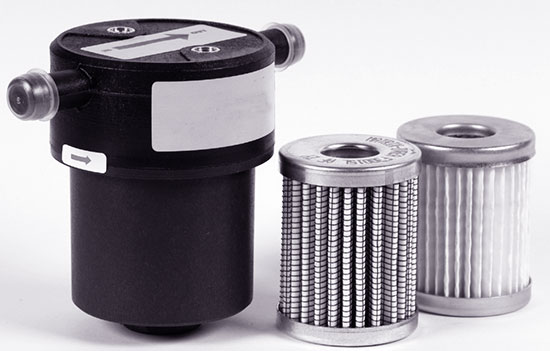
Used in vehicles with installed gas equipment. The principle of their operation is similar to those described above, only the material from which the filter element is made is different. In this case, thick, highly permeable paper is used. Designed to retain dust, grains of sand, as well as moisture and operational deposits harmful to the fuel system.
Advantages
-
Compact dimensions;
-
Long service life;
-
Wrapped in a protective metal case;
disadvantages
-
Require skills and special equipment for dismantling;
-
Expensive;
-
Installation and replacement is carried out at specialized service stations;
Fuel filter selection parameters
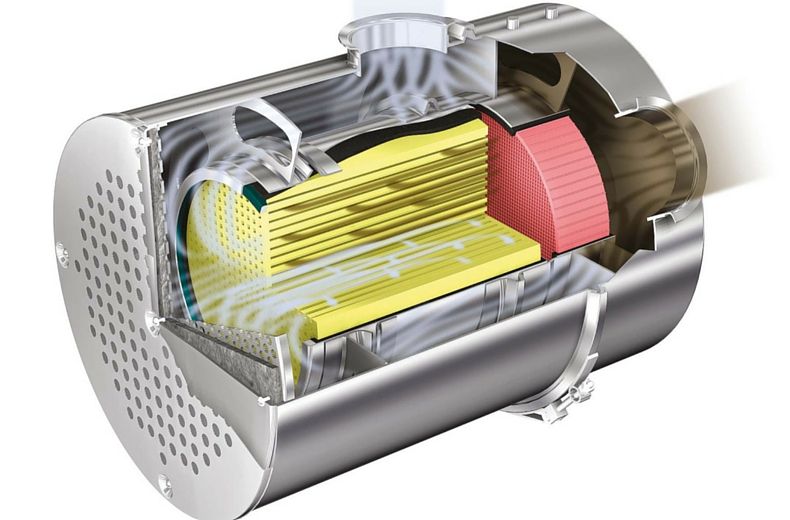
Given the critical importance of the fuel cell, its selection is given the utmost attention. Conformity assessment is carried out taking into account the following criteria.
-
Manufacturing firm. The choice should be given to products of exclusively high-quality brands. Budget brands should be bought only when absolutely necessary and there are no alternatives;
-
Replacement frequency. Despite all the manufacturers' recommendations, the fuel filter replacement interval should be reduced to 2-3 engine oil changes (usually 15-20 thousand kilometers);
-
Density and quality of the filter element. If a filter insert is selected, its quality can be determined independently. The material from which the filter is made is dense and hard, and at the same time, it allows gasoline or diesel fuel to pass through well, thereby eliminating excessive load on the pump;
-
Filtration fineness. A parameter that determines the size of the fraction that is guaranteed to be retained by the filter insert. For a diesel car, this value is 5 microns, for a gasoline car – about 10 microns.
-
The guaranteed degree of purification. It is measured as a percentage and displays the number of items that the filter will hold. For the best models, this parameter is at around 98-99%;
About the subtleties of dropout
A parameter that displays the number of particles of various sizes and fractions passing through the filter during its operation.
-
The 'Medium' mark indicates that the filter is able to retain about 50-60% of the particles passing through it. Such filters are suitable for old and domestic cars and are not recommended for use on modern foreign cars;
-
Nominal screening – the filter retains 80-90% of particles. Such cleaning is sufficient for the daily operation of many modern vehicles;
-
Absolute dropout means that the filter element is able to retain almost 99.99% of fractions. The best option for modern passenger cars equipped with turbocharging and multi-stage direct injection systems;
How to determine the quality of a fuel filter?
Even trusted manufacturers can produce defective products that somehow were not noticed in acceptance. For this reason, when choosing a filter, you must pay attention to the following nuances:
-
The quality of the paper and the uniformity of its density. Affects the filtering properties – the more uniform in the thickness of the paper, the better the filtration will pass and the lower the risk of contamination passing by the filter;
-
Winding density. The better the filter, the higher the total winding density and the better its filtering characteristics;
-
Uniformity of garbage filling. If, when dismantling the used filter, there is noticeable heterogeneity and unevenness of its filling, you should refuse to buy such a filter in the future, or reduce its service life to 8-10 thousand kilometers;
Features of choosing a fuel filter for a diesel engine
Due to its design features, a diesel vehicle places high demands on the quality of the supplied fuel. According to statistics, 80% of the total number of breakdowns of diesel cars are caused by malfunctions of the fuel system, and therefore the fuel filter for a diesel car must have the following parameters:
-
Material – dense cellulose or a combination of synthetics and cellulose;
-
Form factor according to vehicle design;
-
The degree of purification is at the level of 99-99.5%;
-
Filtered fraction size – no more than 5 microns;
-
Integrated moisture separator;
Fuel filter heating, a system that allows the temperature of the fuel inside the filter element to rise to an acceptable level, is likely to be a useful option. It makes it easier to start the engine in freezing temperatures.
A quick tour of the brands
-
The most functional premium brands are Knecht, Mahle, Delphi;
-
The optimal ratio of price and quality is present in the products of Mahle, Purflux, Bosch;
-
From inexpensive manufacturers, we can recommend products from Patron, WIX, Starline, Steelox;
Attention! This material is the subjective opinion of the authors of the project and is not a purchase guide.


